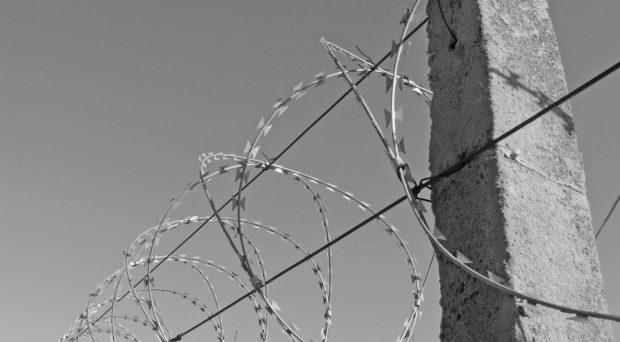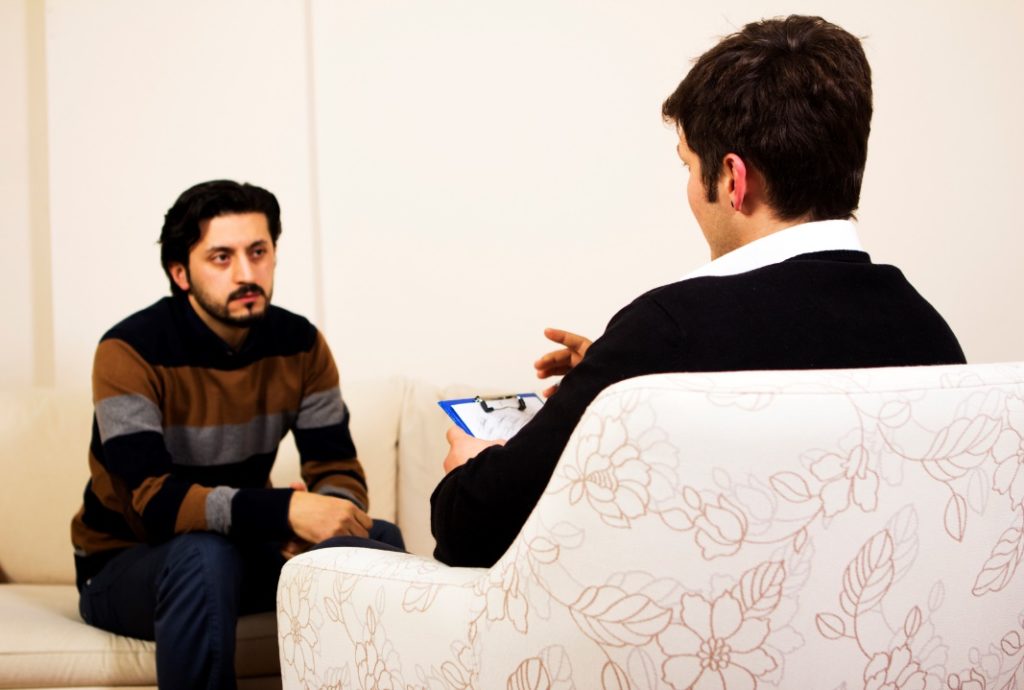
Torture is a destructive and violent act, which is far from eradicated. In recent years Amnesty International has found torture occurring in 141 countries, corresponding to three-quarters of the world’s countries. Torture as a phenomenon has received increasing attention as a public health concern and our understanding of the complexity of the consequences of torture has developed to include a focus on the inter-generational, economic and genetic manifestation of the harm torture creates.
The calls for economic studies of the cost of torture have focused how knowledge of these cost can aide calls for torture prevention and inform better rehabilitation programmes, as well as shed light on the longer-term economic consequences for torture survivors and their families. The economic perspective is a central part of an evidence-based approach to understanding and supporting the labour market integration of refugees resettled in Europe.
We conclude that rehabilitating torture survivors benefits not only the individuals who receive it but also … provides a net social benefit to society.
Our study “Does multidisciplinary rehabilitation of tortured refugees represent ‘value-for-money’? A follow-up of a Danish case-study” is the first economic evaluation of this type of rehabilitation, from society’s point of view, as we look at the economic impact of providing rehabilitation to torture survivors and their families in host countries.
We attempt to capture some of the complexity of the consequences by including cost incurred directly at the individual, family and societal level. In doing so, we conclude that rehabilitating torture survivors benefits not only the individuals who receive it but also, once the families are included in the analysis, rehabilitation provides a net social benefit to society. However, Support systems and services addressing the after-effects of torture are challenged by the complex symptomatology presented by torture survivors.

The terror of torture
Torture serves the purpose of terrorizing and controlling the individual and breaking down the social fabric of communities. The physical and psychological trauma following torture often result in severe long-term impediments for the survivor, and not only it is devastating to the subjected individual, it affects whole families and society.
Some torture survivors display a high level of physical disability, persisting over time. These include, but are not restricted to, chronic muscle pain, headaches, dizziness, and fatigue. The psychological responses to torture include Post Traumatic Stress Disorder (PTSD), depression, anxiety, psychosis, phobias, bipolar disorder, and neuropsychological impairment. Typically, survivors also report sleep disturbances, flashbacks, guilt, concentration and memory issues, and a general negative self-image.
Survivors might also experience difficulties in controlling emotions, such as anger, which at times can lead to isolation, with knock-on adverse effect on their quality of life. Fulfilling parental or familial obligations can become problematic for survivors. Dysfunctional family relations might escalate into violence, but more subtle trauma transmission pathway could involve inappropriate communication of parental trauma to children in the families, leading to psychological distress in the children. These effects disseminate and impact society and communities in which survivors live.
Perhaps less debated is the perspective that torture is not only a terrible human rights violation, but in addition to the damaging health effects and social costs to individuals and families, torture also results in economic losses. One such economic loss is related to the loss of labour income for the individual in cases where the physical or psychological ramifications of torture inhibit the person’s ability to retain a job or perhaps a caretaker in the family. Society might also bear cost related to long-term impairment.
This can create a circle of disadvantages, where poor education and mental distress lead to lack of opportunities and unemployment.
However, costs of a more diffuse and less clearly associated nature also exist; society’s expenses related to provision of services are unlikely to be limited to health care alone but these expenses can be difficult to associate directly with the trauma.
Children of torture survivors may suffer from physical and emotional problems and experience learning difficulties, as well as difficulties in reasoning and participating appropriately in a classroom context. They might experience problems with developing healthy attachments to parents, educators or other caretakers, and lack a sense of self-efficacy and future orientation. This can create a circle of disadvantages, where poor education and mental distress lead to lack of opportunities and unemployment. Ultimately, the result could be a sense of alienation from society, which attributes to the greater loss of productivity for the whole of society.
Moving on from here
The findings presented in our study suggest that rehabilitation is not only in the interest of society based on moral and ethical grounds, but it might well be an economically sound priority as well. While the right to rehabilitation is set out in international law, economic priorities could influence policy makers to uphold and protect this right more than on human rights grounds alone. In addition, it should not be neglected either that economic self-sufficiency and labour force participation is part of regaining quality of life and dignity for torture survivors.
DIGNITY – Danish Institute Against Torture:
DIGNITY fights for a world free from torture and helps victims of torture to a better life.
Web: https://stoptorture.today/
Twitter: https://twitter.com/dignitydk?lang=da
Comments